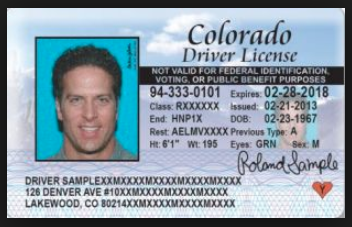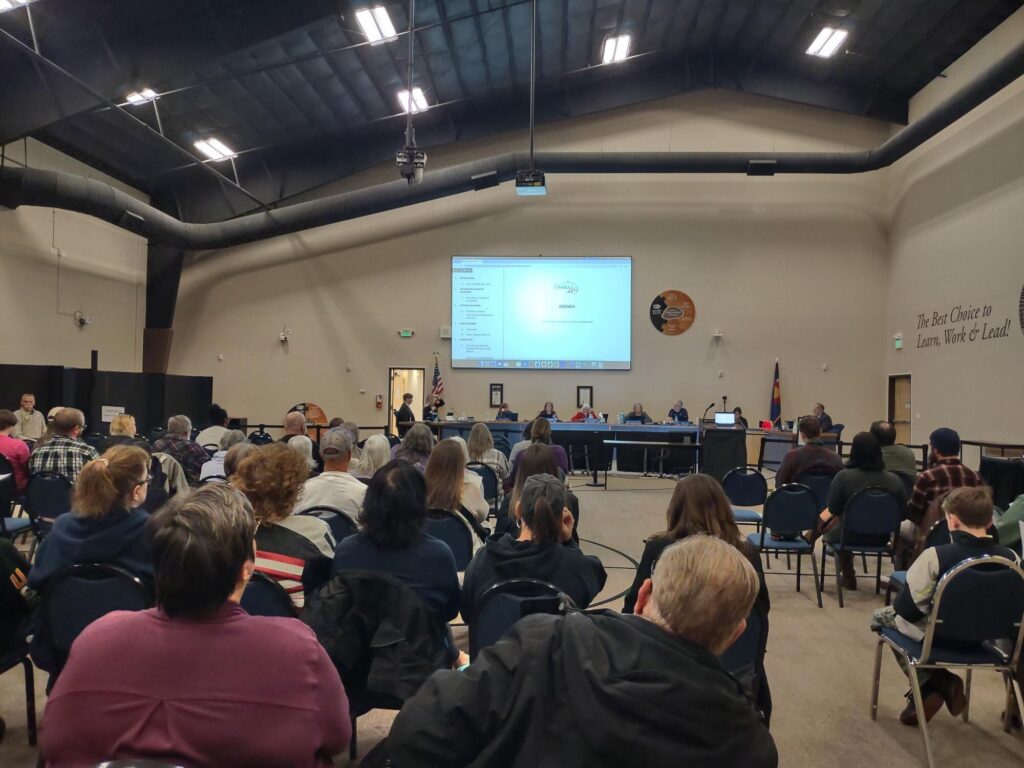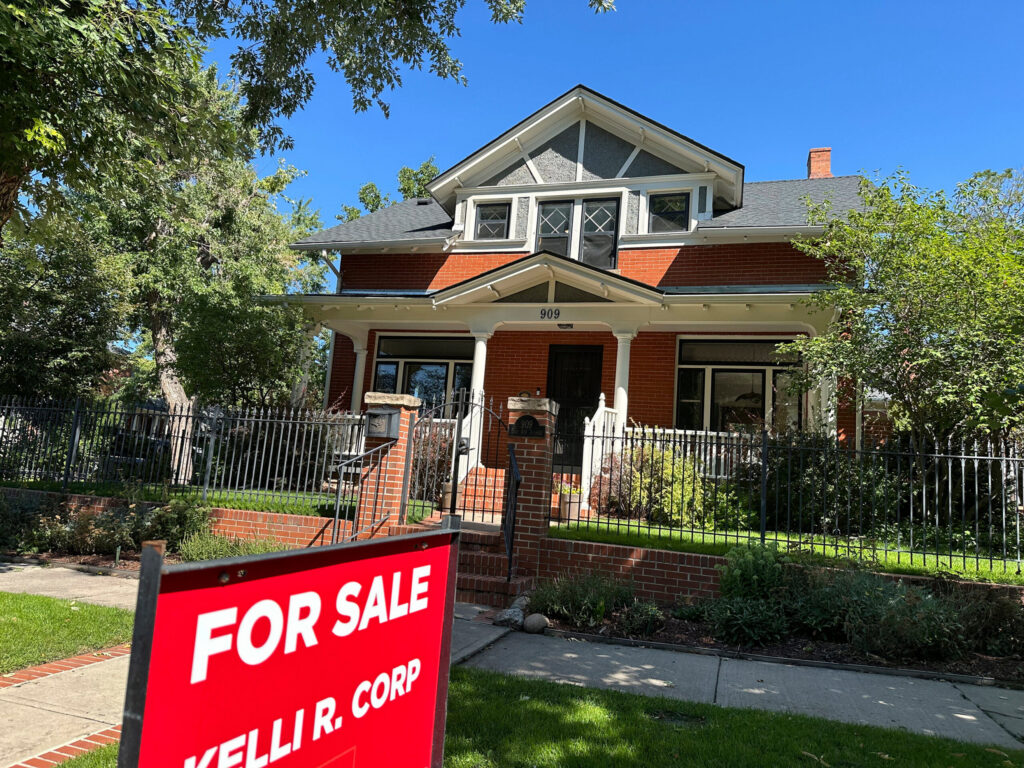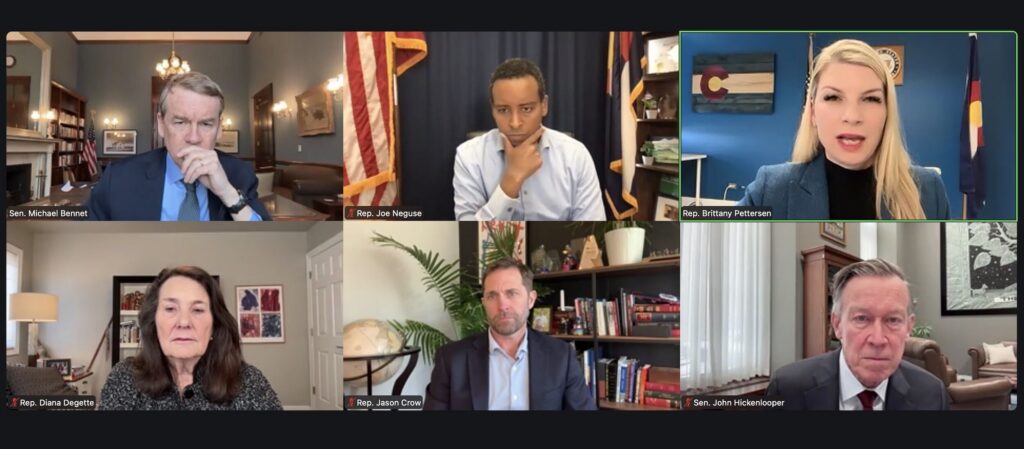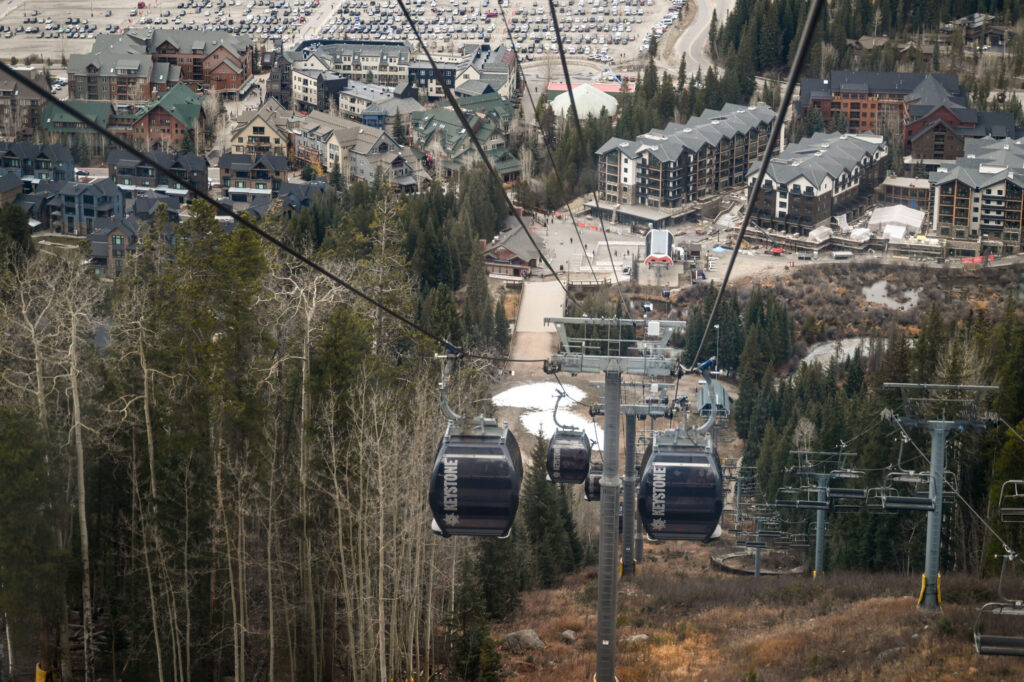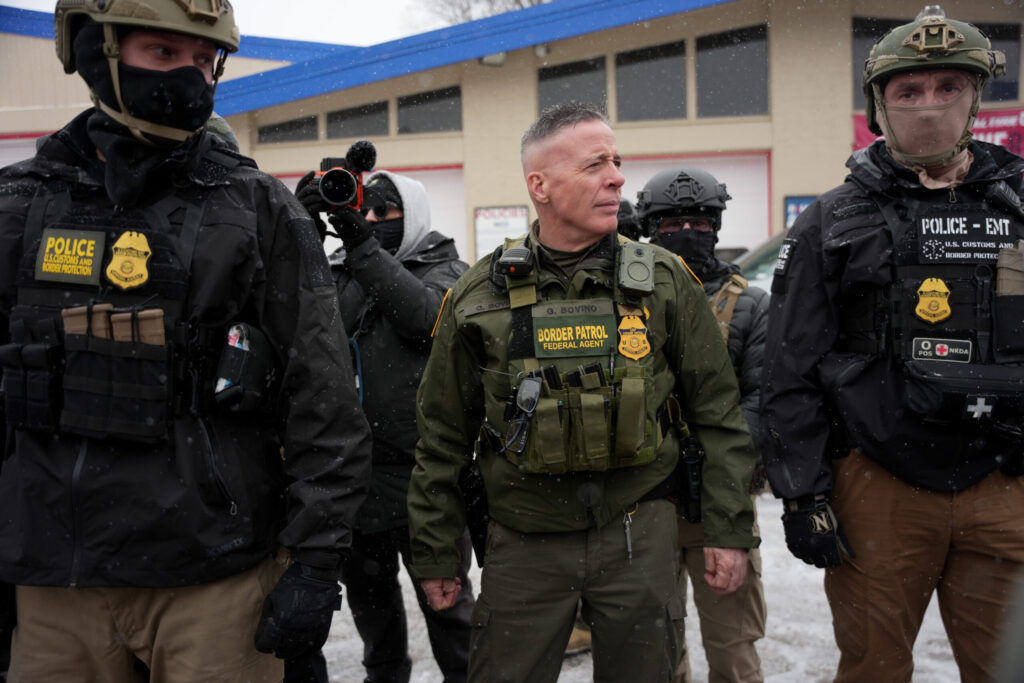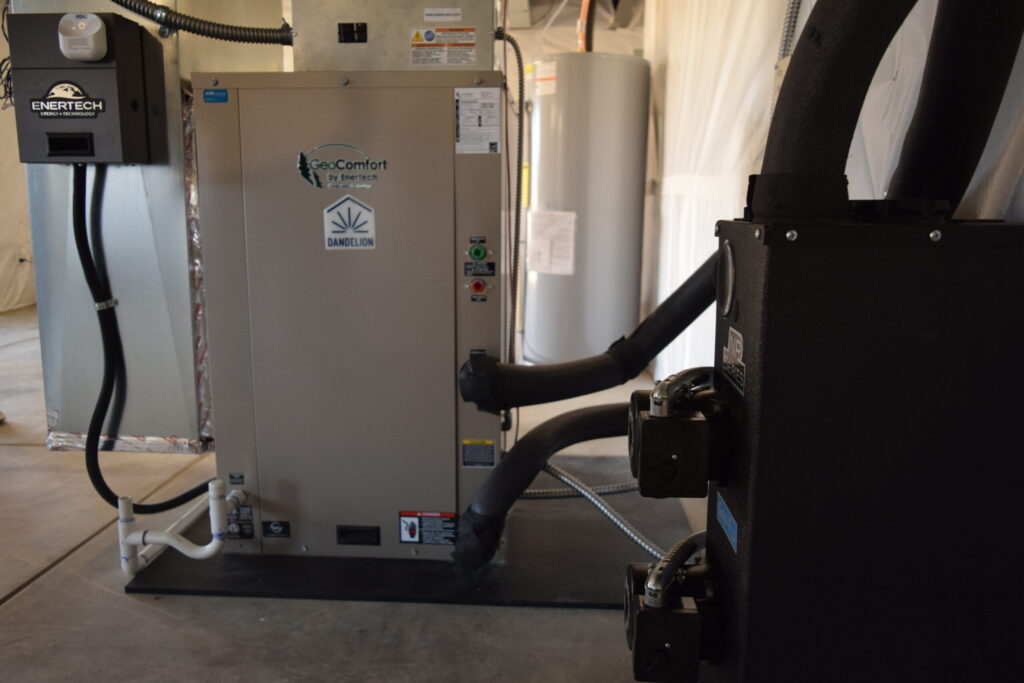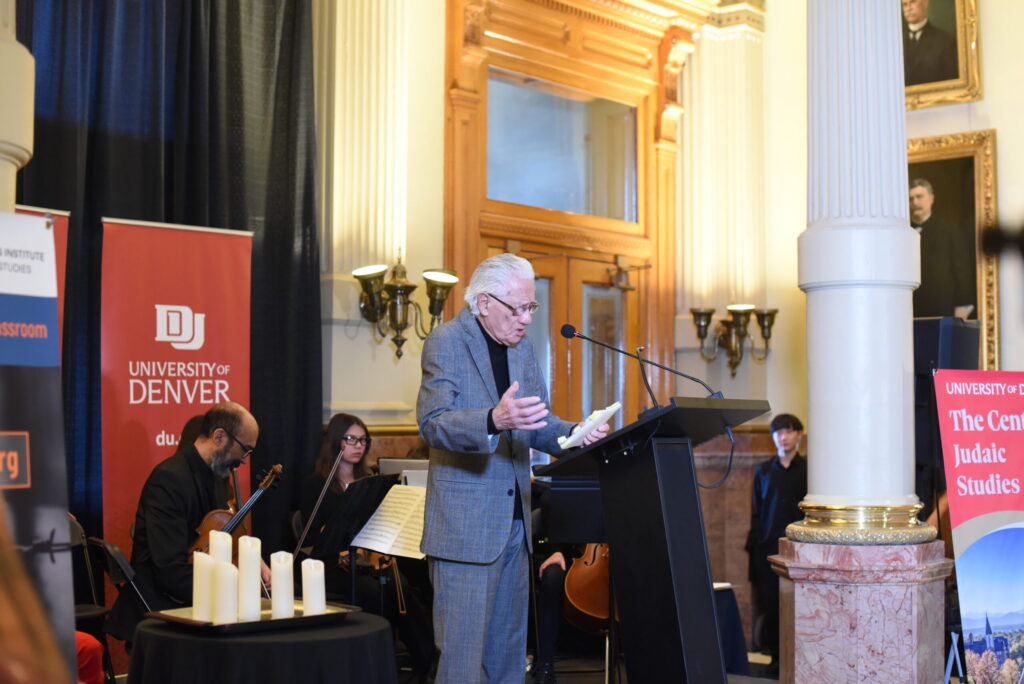Colorado legislature passes bill expanding driver’s license program for undocumented immigrants

The Colorado House of Representatives on Thursday gave a green light to a bill calling for opening more offices in the state’s driver’s license program for undocumented immigrants, sending the measure to Gov. Jared Polis for his signature, and he is expected to sign it.
The vote, 42-22, included one Republican, state Rep. Hugh McKean of Loveland, joining majority Democrats. But it lost the support of the only Republican to vote for it in a House Transportation and Local Government committee hearing last week, Rep. Marc Catlin of Montrose.
Under Senate Bill 139, the state’s driver’s license program for undocumented residents will expand from four offices to 10, adding four this year and two more in 2020. Those additional offices will almost all be located in rural communities: Lamar, Sterling, Alamosa, Pueblo, Glenwood Springs and Montrose.
The bill is supported by agricultural interests, including the Colorado Livestock Association and the Colorado Dairy Association, which argued that that undocumented workers in the ag industry need better access to the program.
The driver’s license program is self-funded, paid for by fees levied for the special licenses. Supporters claim the expanded access will improve the rate of uninsured drivers, calling it a public safety issue.
Supporters also fought off Republican opposition to the bill on Wednesday. That opposition was based on concerns over undocumented immigration, including by Republican Rep. Larry Liston of Colorado Springs, who referred to “illegals” in arguing – erroneously – that applicants can use documents under the program (which also include the state identification card) to register to vote.
In fact, licenses issued under the program include a disclaimer that says they cannot be used to vote, for federal identification purposes or to obtain public benefits.
Liston’s use of “illegal” drew outrage from Democratic Reps. Leslie Herod and Adrienne Benavidez of Denver. Herod said “the term ‘illegal’ is very offensive to people. It’s like calling people of color the ‘n’ word.”
Added Benavidez: “You may not think it’s offensive, but I do.”
In the Senate, six Republicans — including Sen. Jerry Sonnenberg of Sterling, one of the chamber’s most conservative members — voted to move the bill forward.
SB 139 was not amended in its trip through the House and hence heads straight to Polis for signing.
